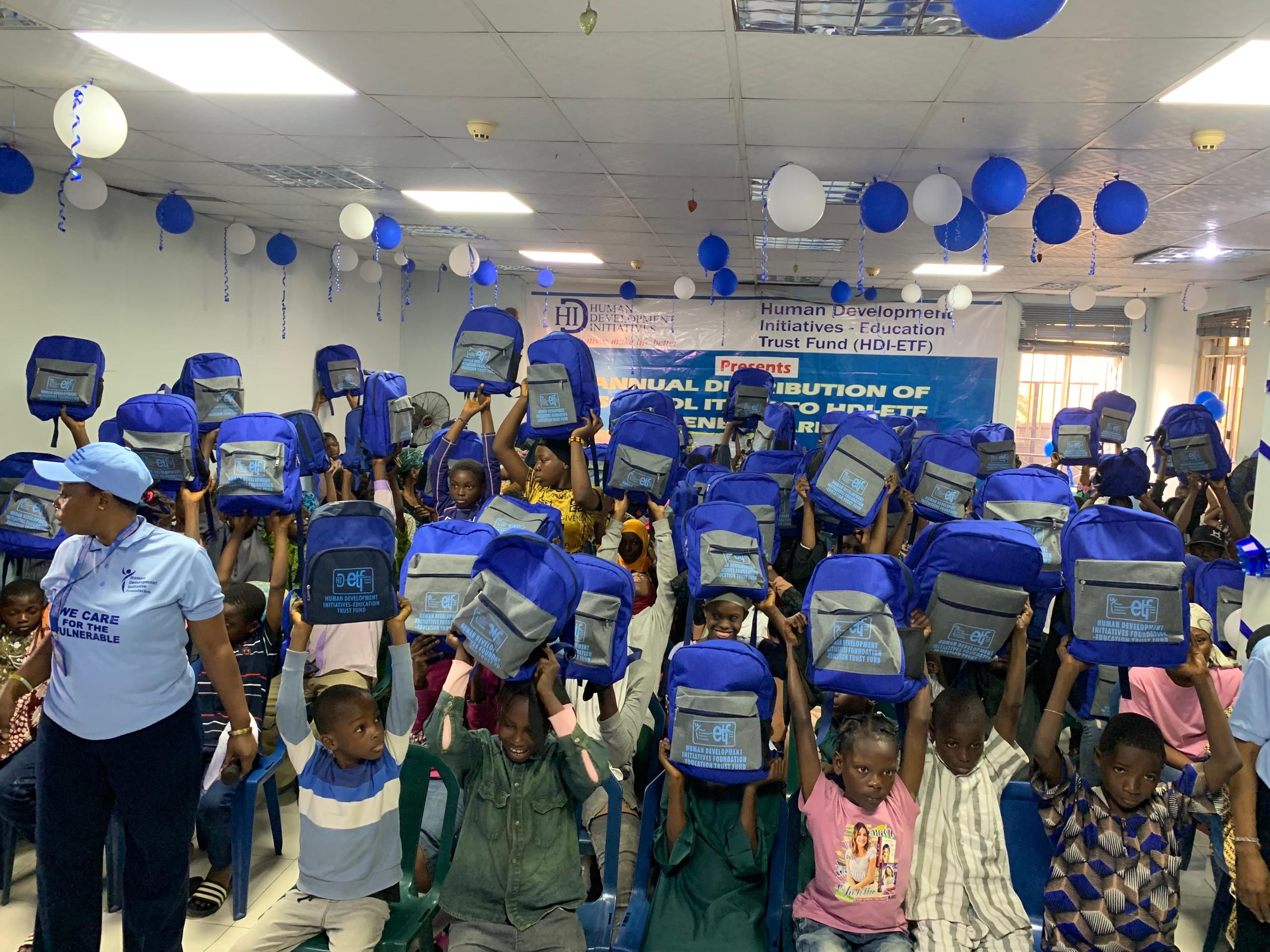In a society where the voices of children are often overshadowed by systemic neglect, abuse, or poverty, providing a safe and confidential platform for them to be heard is not just valuable—it’s lifesaving. Recognizing this urgent need, Human Development Initiatives (HDI) established a Child Helpline Service that has become a vital resource for vulnerable children across Lagos and surrounding communities.
This article delves into how HDI’s helpline operates, the impact it’s making, and why such interventions are crucial for child protection and psychosocial well-being in Nigeria.
The Hidden Crisis: Children Without Safe Spaces
Millions of Nigerian children face serious risks daily, ranging from physical abuse, domestic violence, and neglect to sexual exploitation, trafficking, and early marriage. Many of these children have nowhere to turn. Cultural taboos, fear of retaliation, and lack of trust in public institutions often silence them.
The Child Helpline Service offered by HDI Nigeria aims to break this silence. It gives children and concerned adults a confidential, toll-free channel to report abuse, seek counseling, and access rescue or legal intervention when needed.
How the HDI Child Helpline Works
HDI’s helpline is operated by trained counselors and social workers who are equipped to handle a wide variety of cases involving children. The service is accessible through a dedicated phone line and operates during standard working hours, with an emergency response mechanism for after-hours cases.
When a child calls, the counselor listens attentively, assesses the urgency of the situation, and provides guidance. Depending on the nature of the case, the following steps may be taken:
-
Immediate counseling or emotional support
-
Referral to relevant government or legal agencies
-
Contact with social services for rescue or medical intervention
-
Follow-up and reintegration planning
The helpline is not only reactive but also preventive—it helps children understand their rights, educates them about abuse, and empowers them to make safe decisions.
Psychosocial Support at the Core
Many children who call the helpline are not only facing physical danger but also emotional trauma. This is why psychosocial support is central to the service. HDI’s counselors are trained in child psychology and trauma-informed care. They provide a safe space for children to express feelings of fear, guilt, shame, and confusion—emotions often associated with abuse and neglect.
This therapeutic approach plays a crucial role in helping children rebuild their confidence, trust adults again, and envision a future beyond their immediate circumstances.
Case Management and Collaboration with Authorities
The helpline is more than a listening service; it is integrated into a broader child protection framework. HDI works closely with agencies such as:
-
Ministry of Youth and Social Development
-
Family courts and legal aid organizations
-
Police child protection units
-
Local NGOs and shelters
Through this network, HDI ensures that cases are not only recorded but also acted upon. Whether it’s relocating a child from an abusive household, facilitating medical care for assault victims, or following through on criminal prosecutions, HDI takes a hands-on approach to safeguarding children’s rights.
Awareness and Access: Reaching the Most Vulnerable
One of the biggest challenges in child protection is awareness and accessibility. Many children, especially those in underserved communities, are unaware that such services exist. To address this, HDI conducts awareness campaigns in schools, markets, churches, and via radio jingles.
They distribute flyers and posters in multiple local languages and host community dialogues that encourage adults to protect children and report violations.
The goal is to normalize the idea that children have rights—and a right to be heard.
Success Stories and Lasting Impact
Over the years, the HDI Child Helpline has intervened in hundreds of cases, from rescuing trafficked girls and helping street children find shelter, to mediating family disputes and supporting children with disabilities.
One notable success involved a 12-year-old girl who fled an abusive relative and called the helpline after hearing about it in school. HDI intervened immediately, arranged a safe shelter, and ensured the perpetrator was arrested. Today, the girl is enrolled in a new school and receives ongoing counseling and mentorship.
Each case reinforces the belief that timely intervention can change, and even save, a child’s life.
Why This Service Matters Now More Than Ever
As economic hardship, urbanization, and social unrest increase pressure on families and communities, children often bear the brunt of the fallout. Services like HDI’s Child Helpline are essential in filling the gap where family and state protections fall short.
By giving children a voice and a pathway to safety, HDI Nigeria is not only protecting individual lives but also strengthening the social fabric that binds us all.
Conclusion: A Lifeline for Nigeria’s Most Vulnerable
The HDI Child Helpline is a beacon of hope in an environment where children’s rights are too often ignored. It reflects the organization’s broader commitment to human dignity, justice, and empowerment.
In the words of one rescued child: “I thought no one would believe me, but they listened. And they helped.”
For countless children in Nigeria, that kind of listening can make all the difference.




